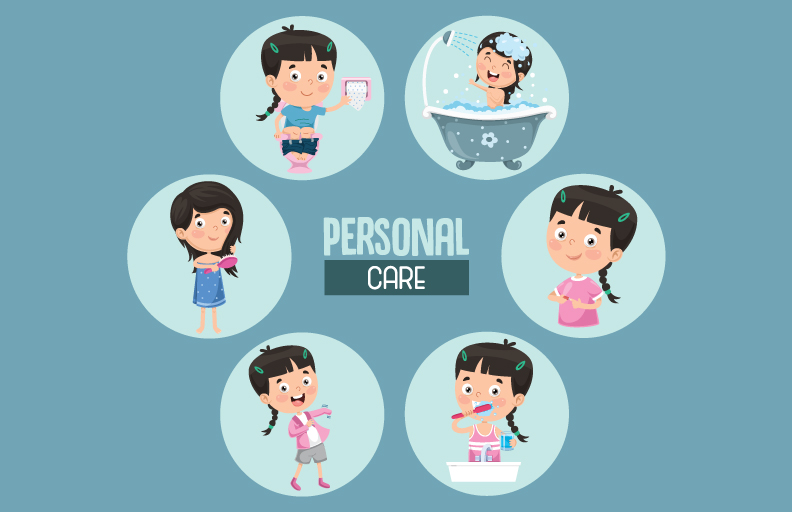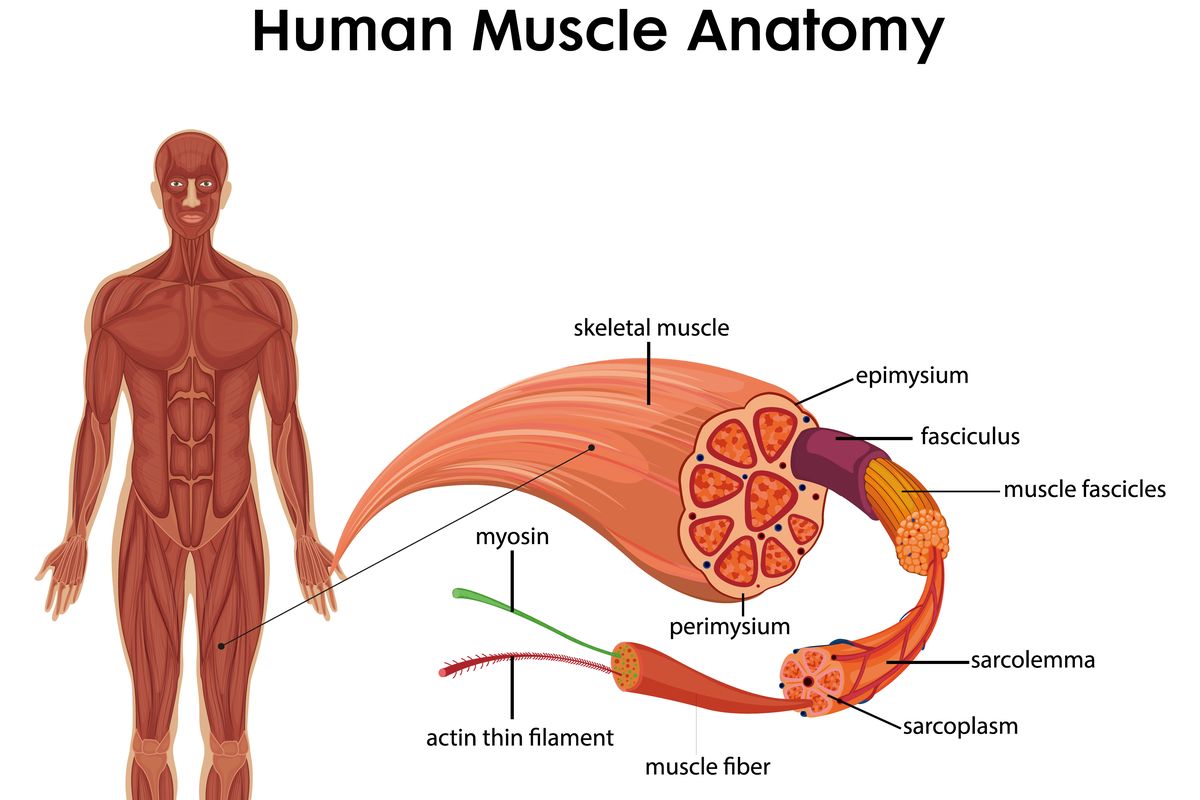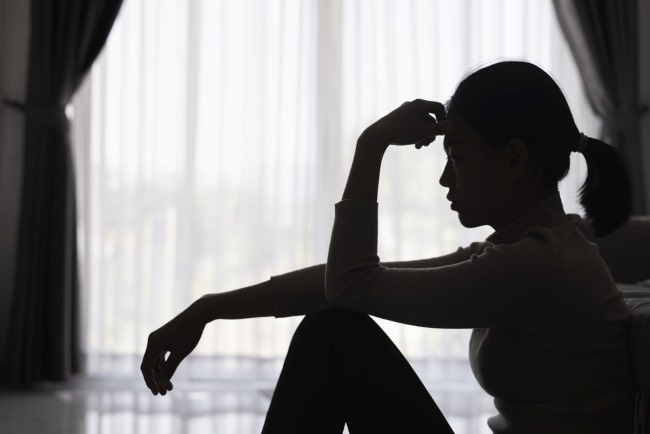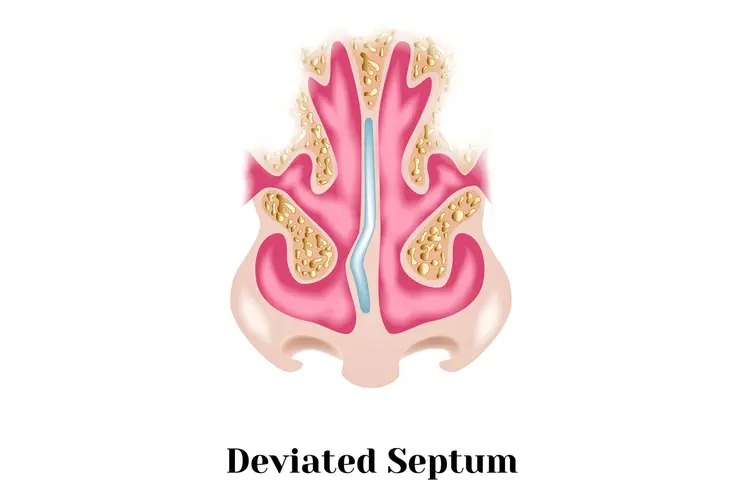When I was younger, I thought personal hygiene was just about smelling nice. Brush your teeth, put on deodorant, and you’re good to go, right? But the older I got—and especially after a few embarrassing moments—I realized personal hygiene is so much more than just looking presentable. It’s about staying healthy, preventing illness, and feeling confident in your own skin.
And the truth is, simple daily hygiene habits can make a big difference. Whether you’re getting ready for work, school, or just trying to stay on top of your health, here are the everyday hygiene practices that matter most—and how to make them stick.
🧼 What Is Personal Hygiene?

Personal hygiene refers to the habits and routines we follow to keep our bodies clean, prevent disease, and maintain overall wellness. It includes everything from:
-
Bathing and skincare
-
Oral hygiene
-
Nail and hair care
-
Handwashing
-
Wearing clean clothes
-
Menstrual hygiene
-
And even getting enough sleep!
It’s easy to overlook the small things, but they all add up to a healthier, fresher, more confident version of you.
🚿 1. Daily Bathing or Showering
Let’s start with the basics: clean skin. Bathing daily helps remove:
-
Dirt and sweat
-
Dead skin cells
-
Bacteria that can cause body odor and infections
Use a gentle soap and warm water, especially in areas like your underarms, feet, and groin. And if you exercise or sweat a lot, a second rinse might be needed.
🧴 Bonus tip: Moisturize after your shower to keep your skin soft and prevent dryness or irritation.
🪥 2. Oral Hygiene: More Than Just Fresh Breath
Oral hygiene isn’t just about a white smile—it’s about avoiding cavities, gum disease, and even heart issues linked to poor dental health.
✅ Do this every day:
-
Brush your teeth twice a day for at least 2 minutes
-
Use fluoride toothpaste
-
Floss daily (yes, really)
-
Replace your toothbrush every 3 months
-
Visit a dentist twice a year if possible
You’ll feel cleaner, fresher, and you’ll avoid those “bad breath” moments we’ve all dreaded.
👐 3. Hand Hygiene: Your First Line of Defense
I used to underestimate how important handwashing was—until cold season hit. Washing your hands helps prevent the spread of:
-
Viruses (like the flu or COVID-19)
-
Foodborne illnesses
-
Eye infections
-
Skin conditions
🧼 Wash your hands:
-
Before eating or cooking
-
After using the bathroom
-
After touching pets or public surfaces
-
After coughing or sneezing
Soap and water is best, but hand sanitizer is a good backup when you’re on the go.
💅 4. Nail and Hair Care
Clean, trimmed nails don’t just look good—they prevent bacteria and dirt from building up.
✂️ Nail care tips:
-
Keep nails trimmed and filed
-
Clean underneath regularly
-
Avoid biting your nails
-
Moisturize your hands and cuticles
For hair, how often you wash depends on your hair type, but keeping your scalp clean and free from buildup helps prevent dandruff, itchiness, and irritation.
👚 5. Wearing Clean Clothes (Especially Underwear and Socks!)
Even if you shower daily, dirty clothes can undo your efforts. Sweat, bacteria, and oils collect in fabrics—especially in tight or layered clothing.
✅ Tips:
-
Change underwear and socks daily
-
Wear breathable fabrics
-
Wash workout clothes after each use
-
Rotate your shoes so they have time to air out
You’ll feel fresher and reduce your risk of skin irritation, odor, or fungal infections.
💁♀️ 6. Menstrual and Intimate Hygiene
For people who menstruate, menstrual hygiene is a vital part of wellness.
-
Change pads or tampons every 4–6 hours
-
Clean reusable menstrual products thoroughly
-
Wash your intimate area with mild, unscented soap
-
Wear breathable, cotton underwear
And remember—your body is normal. Keeping things clean is about comfort and health, not shame or perfection.
🛌 7. Sleep, Hydration, and Diet: The Hygiene Trio You Can’t Ignore
It might not seem obvious, but internal wellness impacts your external hygiene.
-
Sleep helps your body repair and prevents dull skin or breakouts
-
Hydration flushes out toxins and keeps your skin clear
-
A balanced diet supports everything from oral health to digestion
You can scrub all you want—but if your body’s running low on rest and nutrients, it’ll show.
🧠 8. Mental and Emotional Hygiene
Yes, this is real. Good hygiene includes taking care of your mental well-being.
Try to:
-
Manage stress with mindfulness, journaling, or hobbies
-
Set boundaries and avoid burnout
-
Talk to someone if you’re feeling overwhelmed
-
Practice self-compassion, especially on rough days
When you feel good mentally, you’re more likely to take care of yourself physically—and vice versa.
✅ Final Thoughts: Small Habits, Big Results
You don’t need to be perfect or spend hours on a skincare routine to stay clean and healthy. Personal hygiene is about consistency, not complexity. A few small habits each day can help you avoid illness, boost your mood, and feel confident in your skin.
Whether you’re just getting started or fine-tuning your routine, focus on what feels good for your body. Because when you take care of yourself—inside and out—you show up stronger for everything else in life.
Author
Related Posts

Mengenal Struktur Otot Manusia: Fungsi, Jenis, dan Peran Pentingnya bagi Tubuh
JAKARTA, incahospital.co.id - Jika Anda pernah berhenti sejenak dan memperhatikan…

Tanda Depresi Ringan: Mengenali Gejala yang Sering Diabaikan
Jakarta, incahospital.co.id - Kesehatan mental kerap dianggap topik sensitif di…

Deviasi Septum dan Dampaknya terhadap Kesehatan Pernapasan
incahospital.co.id — Deviasi septum adalah kondisi ketika septum nasi, yaitu…
